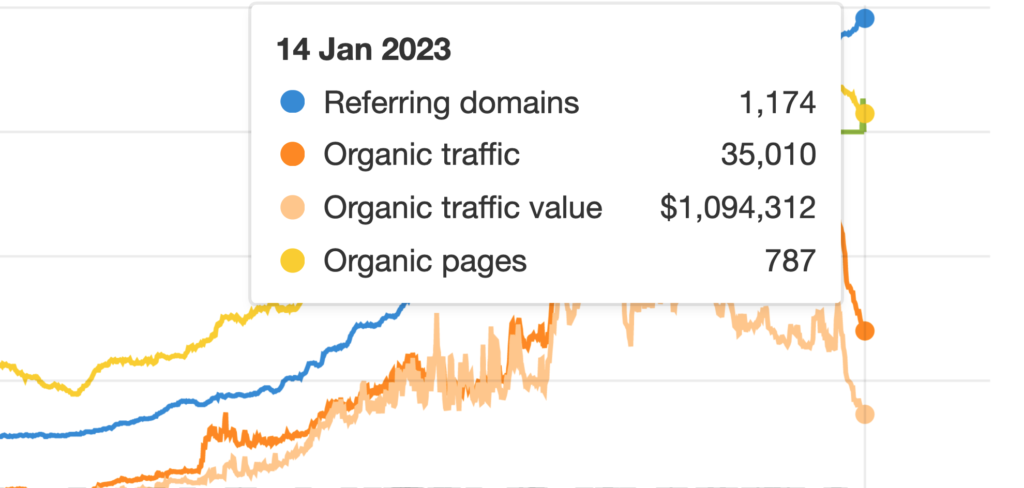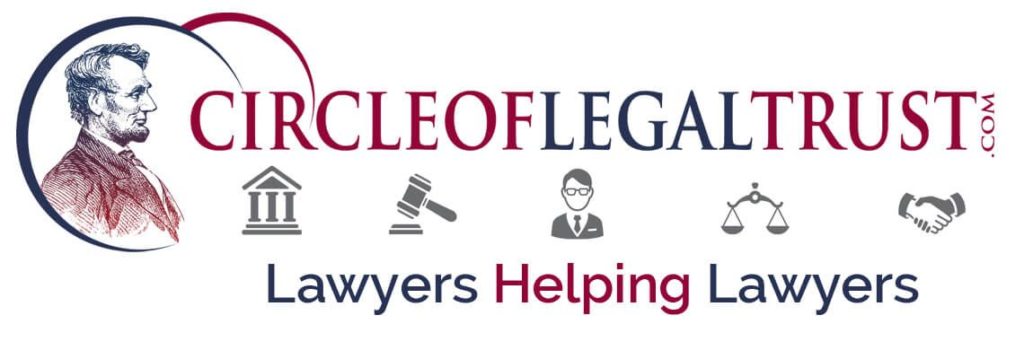Can I Sue Google as a State Actor for Violating My Civil Rights?

Under Federal law, you cannot sue Google for third-party content, but under certain circumstances, where the tech giant acts unlawfully, you may be able to pursue a lawsuit. Circle of Legal Trust is where we create awareness among readers on legal issues and discuss recent legislation. Here, we will examine civil rights violations and whether you can sue Google for violating your civil rights.
Google Is Influencing United States Democracy and Controlling Freedom of Speech
After the release of Twitter files, many people came forward with “evidence” of election fraud and political influence on social media companies.
Recently, the Former New York City Commissioner Brian Andersson, in an interview, alleged that Big Tech giants had a hand in how the 2020 presidential elections turned out.
Twitter Files Exposed the Workings of Social Media Companies and Their Political Interference
On “The Chris Salcedo Show,” Brian Andersson leveled allegations against Google and other big tech companies, such as Facebook, for implementing measures to stop former president Donald Trump from winning the 2020 presidential elections.
Andersson referenced the release of Twitter files stating that the company executives went above and beyond to suppress former president Donald Trump and his followers before the elections. He mentioned how Zuckerberg, also known as “Zuck Bucks,” spent an estimated $400 million to fund local precincts and garner votes in inner cities and all democratic cities.
Google also didn’t shy away when it came to providing much-needed support to the Democrats. Andersson was quick to cite multiple studies that showed how Google manipulated the search results in favor of President Joe Biden, but the acts carried out by Google do not stop there, and it quickly turns mischievous at the very least.
The RNC Files a Lawsuit Against Google for Discriminatory Treatment
The North Carolina State University published a study that revealed that Gmail’s spam-filtering algorithms targeted Republican politicians disproportionately, prompting the Republicans to protest against Google for purposely silencing conservative messages while all of the Biden emails went straight into the inbox.
Political campaigns over email are the most effective way to reach out to supporters, create awareness, and raise funds for the election campaign. Blocking messages or sending them to spam puts a dent in the voice of the Republican party and creates a massive hurdle when it comes to receiving donations. This strategy implemented by Google cost the tech company billions of dollars.
A few weeks before the 2020 presidential elections, the Republican National Committee escalated the war against Google for spamming their fundraising emails.
In October 2022, Republican National Committee filed a lawsuit against Google in the Eastern District of California for sending its email to the receivers’ spam folder. The lawsuit alleges that Google displaced millions of emails in users’ spam folders during critical periods of election fundraising and community building.
Can I Sue Google as a State Actor for Violating My Civil Rights?
After giving his own opinion on the interference by Google in the country’s politics, Brian Andersson spoke about section 230, a part of the United States Code that provides immunity for website platforms with respect to third-party content. Google, Facebook, and other website platforms are immune from lawsuits pertaining to defamation as they claim to be neutral platforms, not publishers.
According to Andersson, Google is not neutral, but it acts as a publisher as it decides which content to post and what to censor. Not just Google but also Twitter and Facebook recently got exposed for colluding with federal agents in suppressing content that the Democratic government did not like – Remember the Hunter Biden laptop story? It didn’t reach the masses as it should’ve and got brushed under the rug by the social media companies. Was this possible without political influence?
Social media companies censored almost all conservative media, including Newsmax and Fox News. They also showed a display of power when they booted Donald Trump out of Twitter and from the mainstream media, especially before the election. Not just that, any content that the Democrats or the “liberals” don’t want you to talk about is all censored, thanks to big tech companies.
So what can you do about it? In simple words, nothing. Big tech companies such as Google hide behind section 230 and avoid accountability by claiming that they censor content that “violates community standards.” And who are the ones setting these standards? You guessed it right, they are!
A free and diverse press forms the backbone of a strong democracy, and it’s only fair that all the local media companies, regardless of how big or small they are, receive fair treatment from Google and Facebook. To ensure a positive change of landscape, all conservatives should support the Journalism Competition and Preservation Act. The Act requires Google and Facebook to pay fair compensation to small media houses, including primarily conservative media, for the content it uses. The bill is currently under review.
Whether you’re a business owner who’s looking to take down negative content about your operations or an individual who wants to remove false information about yourself, there are many different reasons anyone would want to sue Google. Under federal law, you cannot sue Google for the content posted by third parties, but under certain circumstances, you may be able to pursue a lawsuit against them.
Section 230, considered one of the most critical internet laws, provides immunity to Google and other tech giants from lawsuits pertaining to third-party content on the internet.
What’s ironic is that the purpose of section 230 is to promote free speech, but in the end, isn’t it protecting these companies who use their power and influence to curb free speech?
Secretary Herbert Hoover warned us about huge platforms that would have unsurpassed power and wealth to control public discourse, which is happening today with Google.
Government officials cannot influence public discourse with opinions that may be dangerous or offensive, but Google continues to do this every day, affecting millions every day and hiding behind the veil provided by Section 230.
They’re not legally in the wrong as the constitution allows private companies to exercise their opinion or do whatever they want, as the constitution only applies to state actors, which Google is not.
If it applied to private companies, there would’ve been a constitutional firestorm. Imagine if Congress does what Google does to online speech. The constitution won’t let them get a free pass. But there are accusations and allegations, especially after the release of Twitter files, that suggests that Congress is influencing online speech by manipulating private companies.
It seems that Congress is getting what it wants through legislation. Want to confiscate firearms? The Firearms Decency Act allows non-governmental organizations to hire private security contractors to barge into peoples’ homes and confiscate guns. Want access to confidential corporate emails? The Email Decency Act protects hackers who access company emails and documents and post them on public databases.
Understanding Civil Rights Lawsuit: Who Can I Sue for Violating My Civil Rights?
What Counts as a Civil Rights Violation?
Civil rights violation often involves misconduct carried out by police officers, law enforcement officers, and other public officials. The misconduct may be in the form of racial discrimination, physical assaults, written threats, or allegations of the color of law violations.
The US Constitution and federal laws grant civil rights to American citizens. There are several instances that the Supreme Court recognizes as civil rights violations, and some of them include the following:
- Excessive force used by the police officers
- A judge sexually assaulting another individual during the course of his employment.
- Government officials stripping recipients of their welfare benefits.
- A police officer placing individuals with a vendetta against each other in the same jail cell while knowing the danger.
What Is “Under Color of Law”?
Under color of law typically refers to a government agency or federal officials acting under the official authority, whether on or off-duty. When police officers off-duty act under the color of law, they must let others know that they’re working by showing their badge or claiming to be an officer.
Who Can You Sue for Civil Rights Violations?
Government officials have substantial authority and power, but it doesn’t allow them to violate the rights of American citizens or get a free pass for constitutional violations. Individuals who have suffered civil rights violations by government officials can pursue Section 1983 civil rights claims.
Section 1983 is a federal law that allows a victim to sue the government in certain circumstances involving constitutional violations in state or federal court. There are several parties that you may be able to bring a civil rights claim against, and these include:
- Police officers
- Sheriff
- Prison wardens
- Prison guards
- Other government or federal officials
Under the 1983 civil rights claim, injured victims may be able to recover medical bills, lost wages, pain and suffering, and emotional distress.
Besides providing relief to the victim, the court may also issue an order requiring a change of procedures or policies to prevent such incidents from happening in the future.
Difference Between Bivens Claims and 1983 Civil Rights Claims
The two most common remedies for civil rights violations are the Bivens claims and the 1983 civil rights claims.
Although both provide relief to the injured party, the main difference between the two is the defendant. Bivens lawsuit covers the federal government and its agents, while the Section 1983 civil rights claims cover local or state officials or agencies.
Bivens lawsuits are typically based only on constitutional violations rather than violations of federal statutes.
Talk to Circle of Legal Trust
In short, the constitution applies to government actors, not private companies, which means you cannot sue Google for violating your civil rights. However, if you’ve had your civil rights violated by a state actor, you must seek legal help.
If a government officer violated your civil rights, contact us at (888) 494-5015 for a free consultation, as you may be able to seek compensation.




Responses